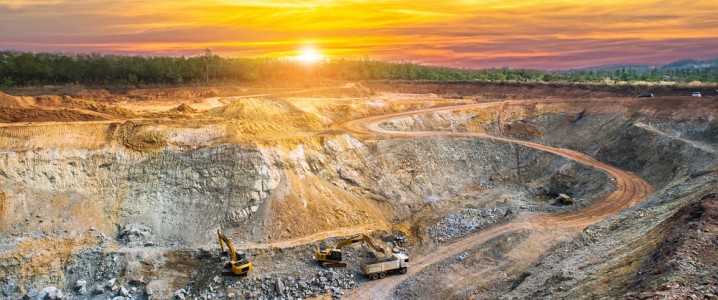
The European Union needs to step up efforts to provide supply of critical minerals in the face of Chinese export curbs, the European Initiative for Energy Security has said, calling for more funding to be secured for these efforts.
“As China and the US pursue capital-backed political critical minerals agendas, the absence of a comprehensive European financial architecture exposes the continent’s limitations in catalysing necessary investment in critical mineral value chains,” the EIES said in a report released today.
To respond to this adequately, the EU needs to bring together banks, governments, private equity firms, and critical mineral consumer industries to create what the EIES calls a European Minerals Investment Network that will be “a permanent platform to unite public and private investors, industrial offtakers, project developers across Europe and allied countries.”
The EU leadership has been struggling to find its critical mineral footing ever since China began curbing exports earlier this year in response to U.S. tariffs and increasingly hostile rhetoric from the European Union regarding its trade policies.
In April, China added seven rare earth elements and related products to its export control list, making it mandatory for exporters to obtain licenses regardless of the end customer’s nationality. While some licenses have been granted, the complex and lengthy approval process has caused confusion at customs and raised alarms among European Union manufacturers.
In response, the EU compiled a list of 13 strategic projects for securing critical minerals from outside the bloc to cater to the needs of the EV, battery storage, and other industries. Brussels also announced its intention to build stockpiles of critical minerals as a strategic reserve modeled on the strategic reserve of crude oil and natural gas. Moving from planning to action has been slow, however, prompting the call from the EIES.
Source: By Irina Slav from Oilprice.com
